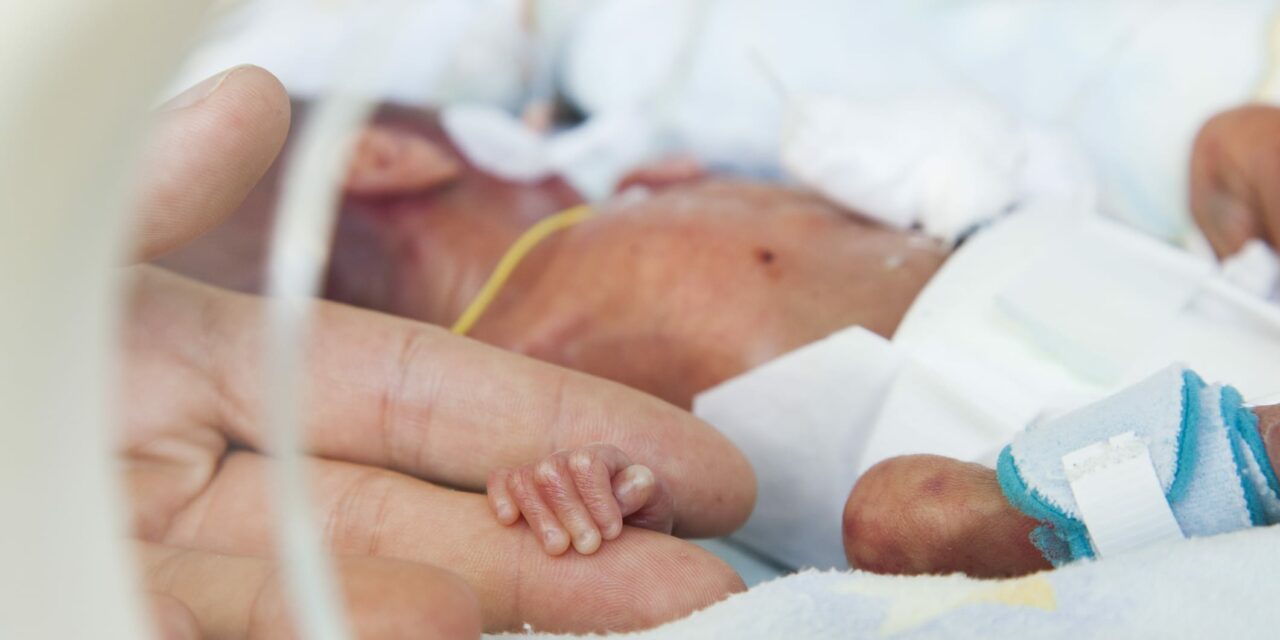
A research scientist at the Phoenix Children’s Research Institute at the University of Arizona College of Medicine – Phoenix has been awarded a multimillion-dollar grant from the National Institutes of Health (NIH) to develop new treatment methods for lung disease in premature infants.
Vlad Kalinichenko, MD, PhD, received $3 million from the National Heart, Lung and Blood Institute (NHLBI),. His 20-year research career as principal investigator for NHLBI and other research foundations has centered on improving health outcomes for premature infants with respiratory conditions. Babies born prematurely often have underdeveloped lungs and may experience breathing problems or neonatal lung diseases that require long-term treatment or even lung transplantation.
“Medical advancements mean we can save babies at earlier gestational ages, but that means at times they’re born before their lungs are fully developed, which comes with severe complications,” Kalinichenko says in a release. “This new funding allows us to explore new drugs, signaling mechanisms, and targeted drug delivery systems, which can be used to develop innovative approaches for treatment of serious neonatal lung diseases.”
Among the most severe complications for premature infants, bronchopulmonary dysplasia, or BPD, is a form of chronic lung disease that damages the lungs and airways, leading to difficulties in breathing due to low oxygenation rates in alveoli. The NHLBI grant will support the development of innovative treatments for BPD using gene therapy with a focus on nanoparticle-based deliveries that accelerate blood vessel formation.
Research will also concentrate on cell therapy, particularly transplanting endothelial progenitor cells which line and protect blood vessels. For Dr. Kalinichenko and his team, the goal is to diversify approaches for treatments, especially in delivering therapeutic agents into premature lungs with high efficiency and precision.
Photo 118775755 © Mikosok | Dreamstime.com









